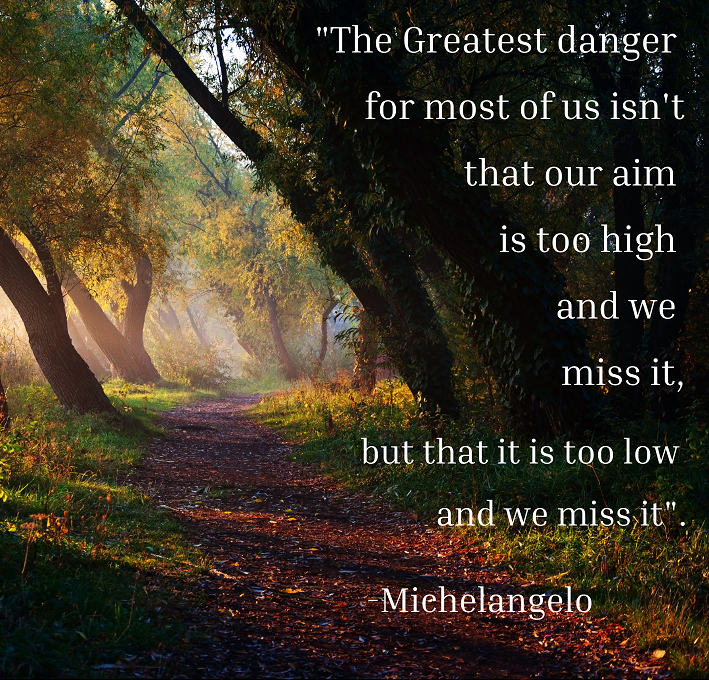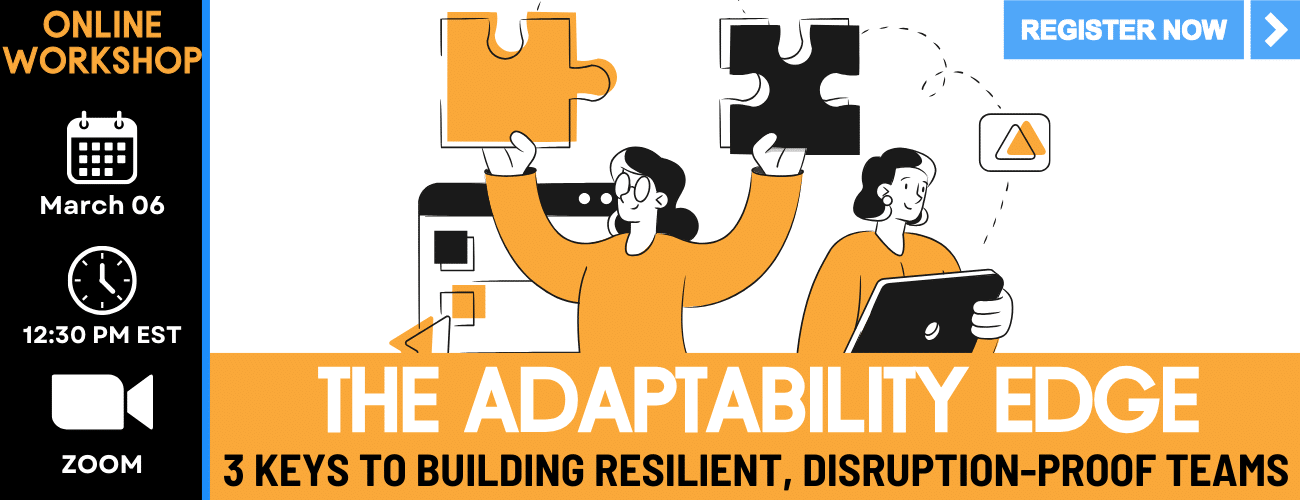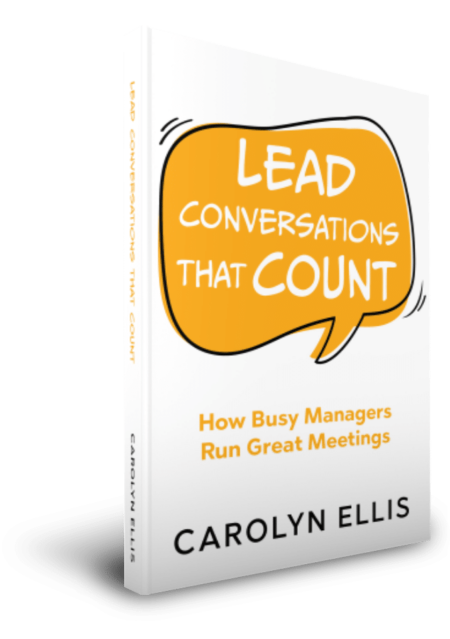You don’t need to be Renoir or Michelangelo to be creative. You don’t need to have your paintings hanging in a national gallery or a Tony award on your bookshelf to prove you have that spark of energy, inspiration, and expression that are hallmarks of a creative spirit.

We are ALL born as creative beings. Yet through the course of education, developing our careers, juggling family and work, and trying to stay afloat in an ever-changing world, the creative spark we are born with can flicker and sometimes go out completely.
The term “creativity” is often used to describe artists, writers, actors, geniuses in a particular field, or people pursuing endeavours out of the traditional 9-5 job. But if you’ve ever been successful in getting a small child out the door on time to school on a Monday morning, you’ve likely had to employ your creative skills to make that happen!
The dictionary defines “creativity” not just as someone able to wield a paintbrush, but as “the ability to transcend ideas, rules, patterns, relationship, or the like, and to create meaningful new ideas, forms, methods, interpretations.” Creativity is as much a mindset that is nimble, flexible, and able to look for and see new perspectives as it is creating art, composing music, or writing a novel.
In fact, the world is going to need a lot more creativity. In our rapidly changing, complex world, the need for innovation, fresh perspectives, and having the tenacity to work together to find new answers to the challenging issues we face. Our society is sorely in need of an ability to transcend old models and create new, sustainable solutions. In the World Economic Forum’s “Top 10 Skills Needed for 2020” list published in 2016, creativity was #3 on the list. Further, emotional intelligence (#6) and cognitive flexibility (#10) joined the list, both of which are qualities that a creative mind and spirit embodies.
Here are 3 tips to help you build and strengthen your creative muscles!
1. Be Disciplined
I used to think that creative types didn’t need structure or discipline. After all, aren’t they free spirits, who take action when their creative muses whisper brilliant new ideas and expressions to them?
The masterpieces you see hanging in a gallery look effortless because you can’t see the countless hours of discipline that went into developing the craft of making each brushstroke appear perfect. You don’t see the cuts and scars on the hands of the person that were part of creating the beautiful glass mosaic sculpture you admire.
Creativity requires discipline. It requires time in your calendar. Blocking time to think more deeply or to give yourself the time to write that book, take a walk in nature, or unplug from the digital distraction that surrounds you so you can tune in to your own creative muse.
It requires a clear intention to ask the question “What am I not see here yet?” or “What’s possible out of this situation” when you’re sitting around the board room table figuring out how to navigate your organization’s competitive challenges.
2. Practice Makes Perfect
Creativity doesn’t always just come in one big burst and then you’re done. Sometimes your creative muse might be loud enough to deliver that awesome new idea, or a book outline, or a way to have that difficult conversation with a loved one. But there is just as much creativity in how you execute your ideas as there is in generating them in the first place.
Take action and reflect on how it’s going. What’s working and what’s not? What do you need to do differently instead? Reaching a successful outcome is rarely a “one and done” event. It’s a process of iterating, reflecting, trying again, evaluating some more, and course-correcting until you are satisfied with the outcome. Practice does make perfect.
3. Work With Your Energy
We each have a natural rhythm to our energy and attention levels. Some do their best work in the morning, others find it easier to focus later in the day. If you’re stuck with a problem, don’t try to muscle through and use sheer force of will to solve it. Creativity can be a fickle thing. Sometimes when you need to call upon it the most is when you need to walk away and do something totally different. Let your subconscious mind do some work for you to let the answers and fresh perspectives percolate up to your conscious mind.
When you feel like you’re in the zone and your creativity is popping, ride that creative wave fully! Clear your calendar, or reprioritize things if you need to. If you’re not in a position to give your creative bursts the full time and attention when they are happening, just flip on your digital recorder or grab a few pieces of paper to scribble down some of your insights. When your creative muse comes knocking, at least take a message and show some respect to the creativity that lives in you.




